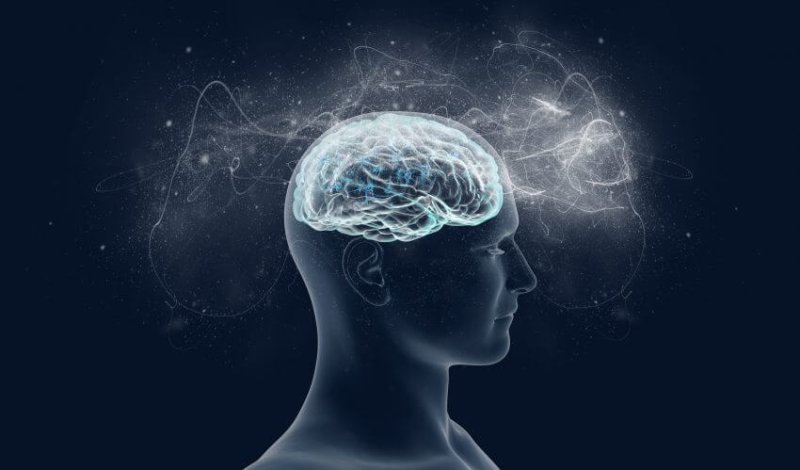According to [the] “predictive coding” theory, at each level of a cognitive process, the brain generates models, or beliefs, about what information it should be receiving from the level below it. These beliefs get translated into predictions about what should be experienced in a given situation, providing the best explanation of what’s out there so that the experience will make sense. The predictions then get sent down as feedback to lower-level sensory regions of the brain. The brain compares its predictions with the actual sensory input it receives, “explaining away” whatever differences, or prediction errors, it can by using its internal models to determine likely causes for the discrepancies.
…
Over the past decade, cognitive scientists, philosophers and psychologists have taken up predictive coding as a compelling idea, especially for describing how perception works, but also as a more ambitious, all-encompassing theory about what the entire brain is doing.
…
Aspects of autism, for instance, might be characterized by an inability to ignore prediction errors relating to sensory signals at the lowest levels of the brain’s processing hierarchy. That could lead to a preoccupation with sensations, a need for repetition and predictability, sensitivity to certain illusions, and other effects.
…
Predictive coding “is as important to neuroscience as evolution is to biology,” said Lars Muckli, a neurophysiologist.
Read full, original post: To Make Sense of the Present, Brains May Predict the Future































